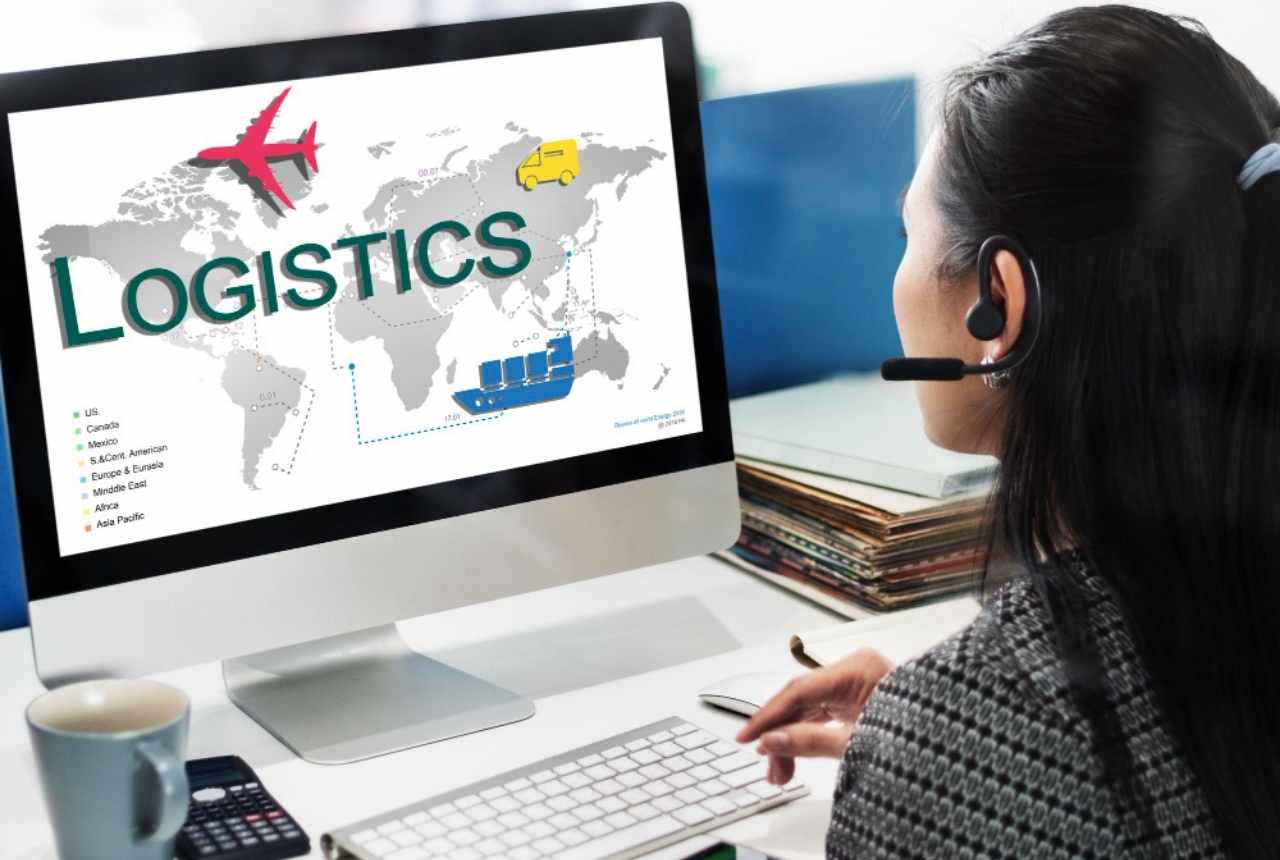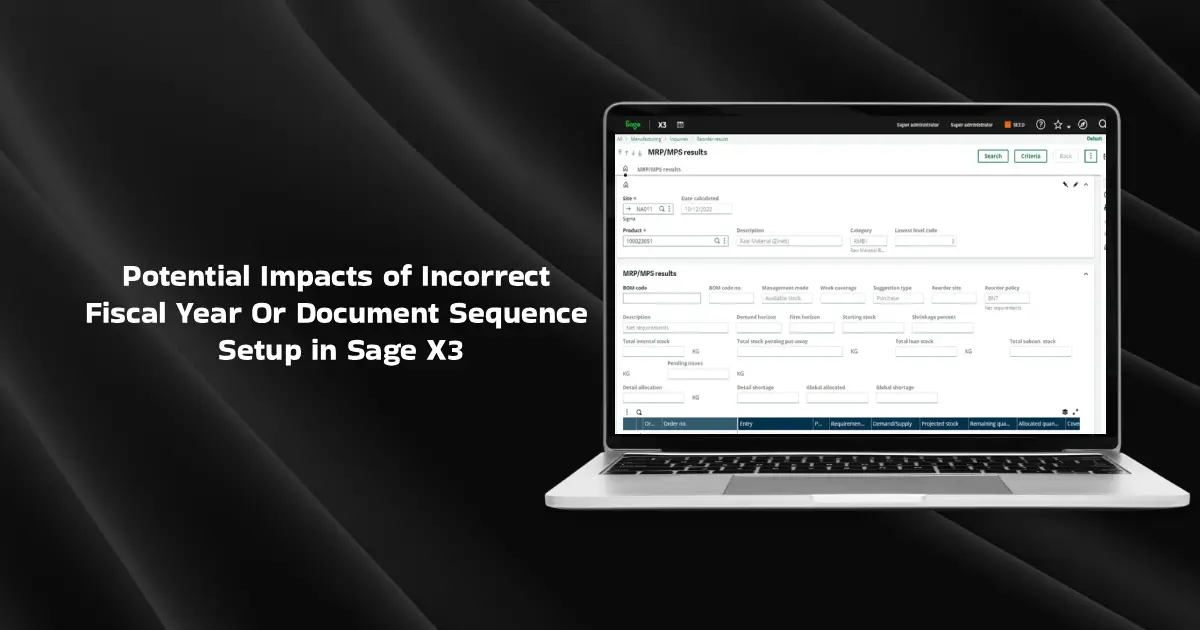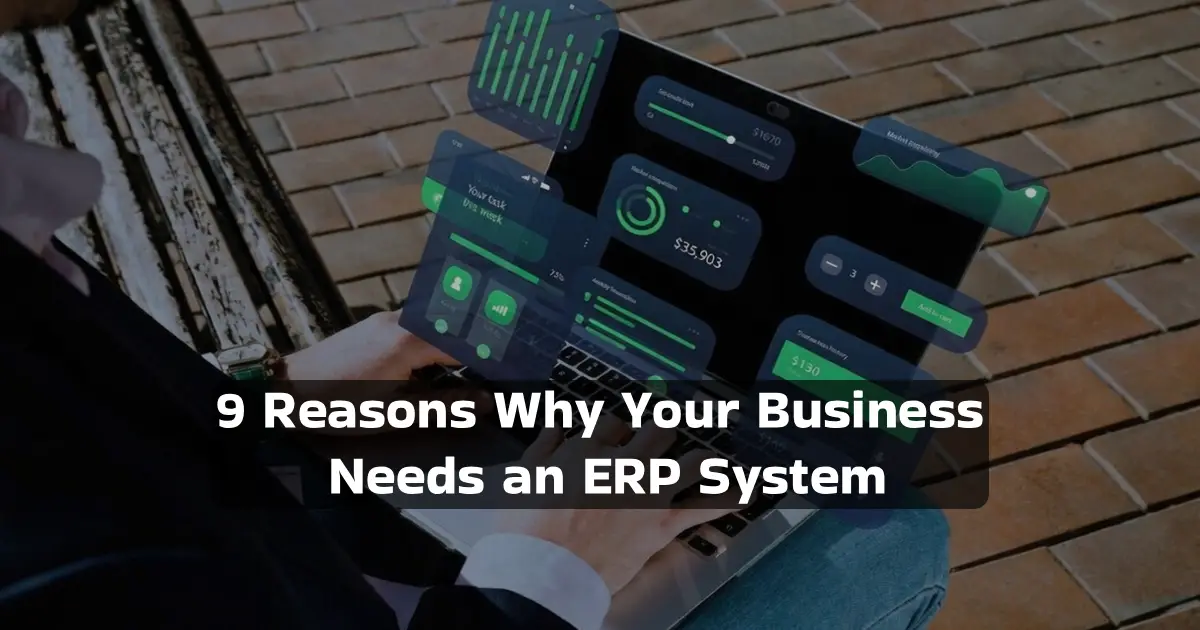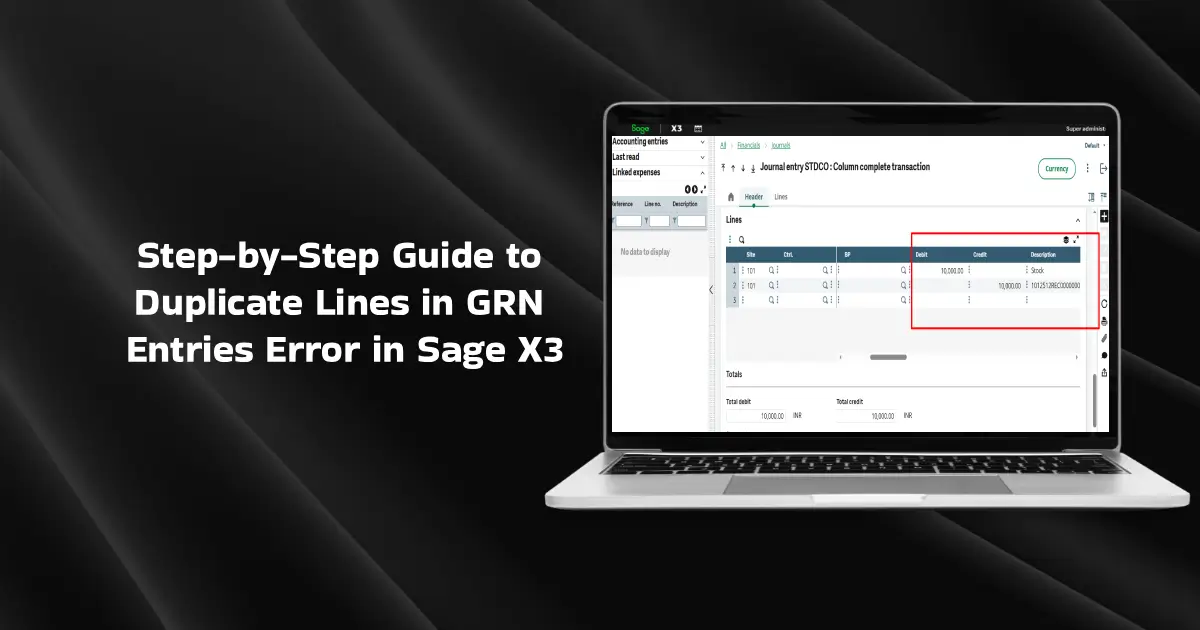What is 3PL?
Third-party logistics (3PL) are specialized service providers that offer a range of logistics and supply chain services to manufacturers, such as warehousing, inventory management, order fulfillment, and distribution, in addition to value-added services like returns management.
3PL providers have a thorough knowledge of logistics, extensive experience in specific industries, and use advanced technology like ERP software to automate and streamline operations. Manufacturers aiming to reduce costs and scale operations outsource their logistics to third-party service providers.
Why Businesses Hire 3PL Providers?
As businesses seek to gain a competitive edge in logistics, the 3PL industry has grown rapidly as a result. Interestingly, the demand for industrial and warehouse space grew to 645 lakh square feet in 2024 from 496 lakh square feet in 2023, marking a 30% year-on-year increase, driven by demand from 3PL, e-commerce and industrial manufacturing firms.
Instead of using their in-house logistics, manufacturers prefer outsourcing to external 3PL players. That way, they can take advantage of the expertise and vast warehouse and distribution network of the third-party logistics providers without investing in the infrastructure and technology needed to scale their business.
A look at some of the key reasons why manufacturers collaborate with 3PL providers.
- From inventory storage to order fulfilment services, such as picking, packing, and shipping, manufacturers achieve overhead and operational cost savings by hiring 3rd party logistics.
- They can stay focused on their core competencies of product design, production management, and quality control, eliminating the need for investment in logistics operations.
- Leverage automated tools and cutting-edge ERP solutions deployed by 3PL providers, and boost operational efficiency.
- Maintain flexibility and scalability in operations in response to demand fluctuations and changing customer requirements.
- 3PL providers have tie-ups with other logistics companies, enabling manufacturers to expand their geographical reach and offer last-mile delivery, boosting customer satisfaction.
Types of 3PL Service Providers
Here are some common types of third-party logistics provider depending on their expertise and the kind of services they provide.
→ Transportation Services
3PLs in this category have expertise in transportation management, handling the physical movement of goods, either using their own assets or leasing them. They offer services like goods tracking, transportation document processing, and shipping cost management.
→ Freight Forwarders
Freight forwarders act as intermediaries, taking order bookings from manufacturers and distributors, optimizing delivery routes and engaging the services of appropriate transportation service providers, without owning or operating any shipping assets.
→ Warehousing Services
Warehousing 3PLs offer services like inventory storage and reverse logistics. They use sophisticated tools like warehouse management software to receive and pack goods, facilitate real-time tracking of inventory, and process order returns.
→ Fulfillment Services
Fulfillment centers offer end-to-end logistics services, including warehousing, order processing and freight shipping, besides offering consultation to optimize shipping costs and improve the efficiency of logistics operations.
→ Financial Services
Financial-based 3PL is a third-party logistics company focused on the financial aspects of logistics operations, such as freight auditing, cost accounting, claim management, and contract lifecycle management with warehouses and transporters on behalf of manufacturers.
3PL Process Example
A vaccine manufacturer with expertise in research and development, vaccine production, and quality control decides not to invest in order fulfillment and shipment processes. Instead, the company collaborates with a third-party logistics (3PL) provider who specializes in handling, storing, and delivering vaccines to distributors and retailers.
Leveraging its vast cold chain network with temperature-controlled warehouses, the 3PL service provider can manage the specific requirements of vaccine manufacturers. This allows the vaccine manufacturer to save logistics costs, meet storage compliance requirements, and scale effectively while focusing on its core business functions.
3PL vs 4PL
Both 3PL and 4PL are outsourced logistics operators, but there’s a fundamental difference between the two. Let’s understand how third-party logistics providers (3PL) differ from fourth-party logistics providers (4PL).
Comparison Between 3PL and 4PL
| 3PL | 4PL | |
|---|---|---|
| Function | Handles day-to-day logistics functions such as warehousing, transportation, and order fulfillment | Manages and optimizes the entire supply chain operations, often integrating multiple 3PLs |
| Control | Client maintains overall control, 3PL handles specific outsourced tasks | Client hands over control to 4PL for managing and coordinating with all logistics partners |
| Asset Ownership | Often owns assets such as warehouses and trucks | Manages the assets of other service providers |
Challenges in Managing 3PL Logistics Operations
Managing 3PL services can increase operational inefficiencies without an integrated ERP system in place. Here are some common challenges third-party logistics business face:
- Slow communication between transportation and warehouse networks.
- Lack of inventory level visibility across sites and disconnected IT systems.
- Complications in invoicing customers for different services.
- Changing client requirements and complex service level agreements.
- Meeting compliance obligations for different industries, such as food, chemical, and pharmaceuticals.
How ERP Software Streamlines Third-Party Logistics Operations
ERP solutions play a critical role in third-party logistics management. The various ERP modules offer a comprehensive view of operations, spanning from supply chain management to financial management, enabling real-time data tracking and improved decision-making.
- Automate Workflow
Transfer sales orders from manufacturing ERP software to the 3PL’s warehouse management software through integration of processes, reducing manual errors and boosting order fulfillment rate.
- Enhance Decisions
ERP provides real-time insights across the entire supply chain, drastically improving decisions. With higher visibility into operations, 3PL operators can offer advanced services to their clients.
- Stay Compliant
For highly regulated sectors like pharmaceuticals, using an ERP solution for third-party logistics operations ensures end-to-end traceability and compliance with specific industry regulations.
- Boost Visibility
Gain a centralized view of their inventory levels, orders, and shipping status across multiple clients and logistics service providers, enabling faster inventory decisions and shipping updates.
- Gain Flexibility
As operations scale, supply chain complexity also increases. Whether there are multiple clients across regions or various pickup and delivery locations, the system is flexible enough to adapt to all requirements.
- Optimize Resources
ERP optimizes warehouse operations by efficiently utilizing warehouse space, managing labour, equipment, and other assets, thereby improving productivity and reducing costs.
- Improve Collaboration
With accurate, real-time data flow, 3PL providers can communicate better and generate faster order updates, enhancing customer service and delivery accuracy.
Conclusion
Third-party logistics (3PL) services are vital for businesses aiming to reduce logistics costs while reaching customers across regions. With expertise in transportation management, warehousing, and order fulfillment, 3PL providers offer the scale and flexibility needed in supply chain management.
Sage X3 ERP is a leading supply chain solution that enables third-party logistics providers to deliver customized services. Automating operational and financial workflows using Sage X3 allows them to enhance accuracy and efficiency while providing real-time visibility across supply chain processes.
What is 3PL FAQs
1. What Is The Difference Between 3PL And 4PL?
Third-party logistics (3PL) is an outsourced logistics service focused on managing specific logistics operations, such as warehousing, shipping, and order fulfilment. On the other hand, fourth-party logistics (4PL) manages the entire supply chain operations for the client.
2. What Are The Benefits of 3PL?
Using third-party logistics services unlocks many benefits for manufacturers, such as cost savings, access to a vast distribution network, higher stock level visibility across warehouses, and real-time shipping updates.






